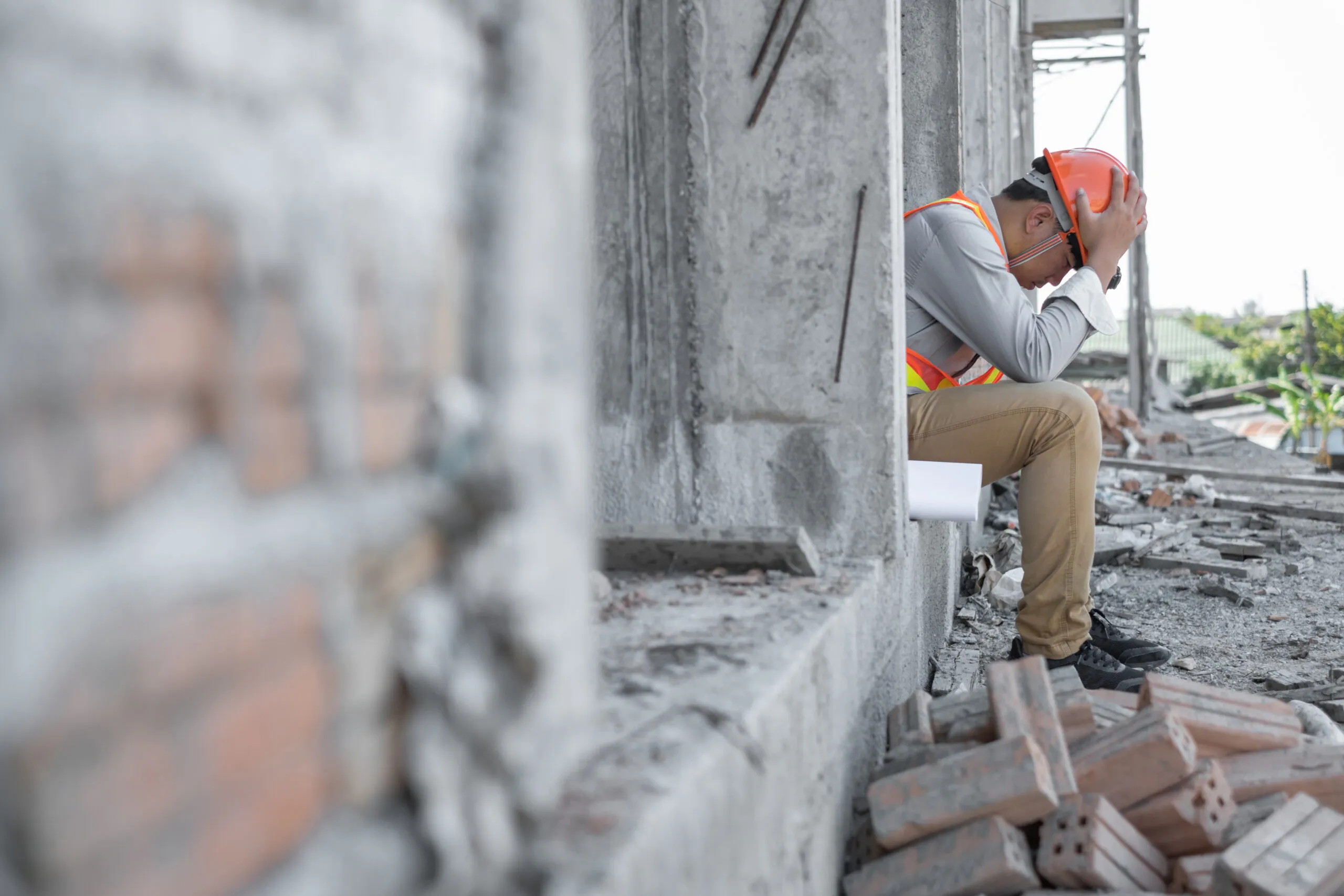There are a lot of regulations and reports presented by OSHA to address the health issues in construction sites. Nonetheless, it is highly essential to create a safe and secure environment for construction workers. Negligence may cause damages and such things lead to more casualties. The construction industry has witnessed several deaths in the last decade while working in the construction industry, especially operating heavy equipment.
There’s another critical aspect that has been often neglected that requires adequate attention and awareness, which is increasing mental health crisis in the construction industry. Construction workers are struggling at work.
It is a concerning crisis that is affecting the industry, albeit some more than others. One of those noticing an alarming increase in workers’ mental health issues is the construction industry.
Working in a construction industry and operating heavy equipment machinery in dangerous terrain has a concern of safety to avoid work-related hazards. However, mental health issues have always been overlooked: the serious ratio of poor mental health among construction workers.
High Suicide Rates and Mental Health Challenges Among Workers
According to research conducted by the Construction Industry Rehabilitation Plan, “83 percent of construction industry workers have experienced mental health issues.” the suicide rate in construction is also significantly higher and increasing on average.
There are various factors like demanding schedules and long hours of work. The most important aspect is the unpredictable employment patterns arise from the fact that construction projects are by nature temporary and dependent on market demands.
As per recent data, there are approximately more than 7 million construction workers in the U.S. and 83% of these workers are facing mental health challenges. But still, there are fewer comprehensive research reports and policies to address and solve this alarming problem.
The consequences of overlooking mental health problems are immense. It not only affects the worker but also impacts productivity, safety, and overall well-being of the workforce.
Promoting wellbeing
By prioritizing mental health problems and well-being in the construction industry, they can create a safe and healthier environment for workers.
Apart from the industry’s initiative, workers themselves can implement initiatives like stress management training, the demand for a flexible work environment, and Employee Assistance Programs (EAPs) to support their workforce.
Workers Don’t Discuss Mental Health Problems
There are more than 80% of construction workers, going through mental health problems, and only a few openly discuss it. Mental health problems have become stigmatized, and continue into a phenomenon normally known as a “silent pandemic,” wherein workers don’t disclose their issues.
According to the report of The American Psychological Association Foundation’s Center for Workplace Mental Health, only 17 percent of construction industry workers would comfortably and openly discuss mental health issues with others. The main reasons for that hesitation and unwillingness to share, according to the study are shame and stigma, fear of judgment, and lack of knowledge.
Because of these stereotypes and stigmas construction worker prevents from disclosing their problems and seeking help. Consequently, this leads the more serious problems in the construction industry as a whole related to mental health.
Drug dependency among construction workers
Construction workers are at an increased risk for drug use, which makes them vulnerable to work-related injuries or even overdose deaths. Substance abuse is one of the main factors that play a role in increasing stress, anxiety and depression often pushing workers to self-medicate with alcohol and drugs.
Construction workers have been shown in many studies to have high rates of death from overdose. However, that’s not where it ends. Construction workers also have a higher rate of death from suicide than most other industries.
Creating an inclusive workplace can help mitigate the issue
Inclusivity in the workplace is the most important thing. It is essential to mitigate mental health issues among construction workers. The companies must begin providing safe workspace and raise awareness sessions.
Establishing clear policies towards mental health-related problems is crucial, as is providing the mechanisms for reporting and addressing actual issues. Providing access to mental health resources, including counseling services and support groups, can be instrumental in helping workers cope with stress and challenges.
Ensuring that safety measures and facilities cater to the needs of all workers, contributes to a more comfortable and secure work environment for all.
A Closure
The construction industry is encountering serious problems, which is the actual struggle for mental health among its workforce. This issue requires immediate attention and should not be underestimated. By recognizing the problem, raising awareness, and introducing supportive measures, the construction industry can assist those in the industry to lead healthier lives.
The industry must shift its focus from the physical aspects of construction to the mental well-being of those who build our world today.









